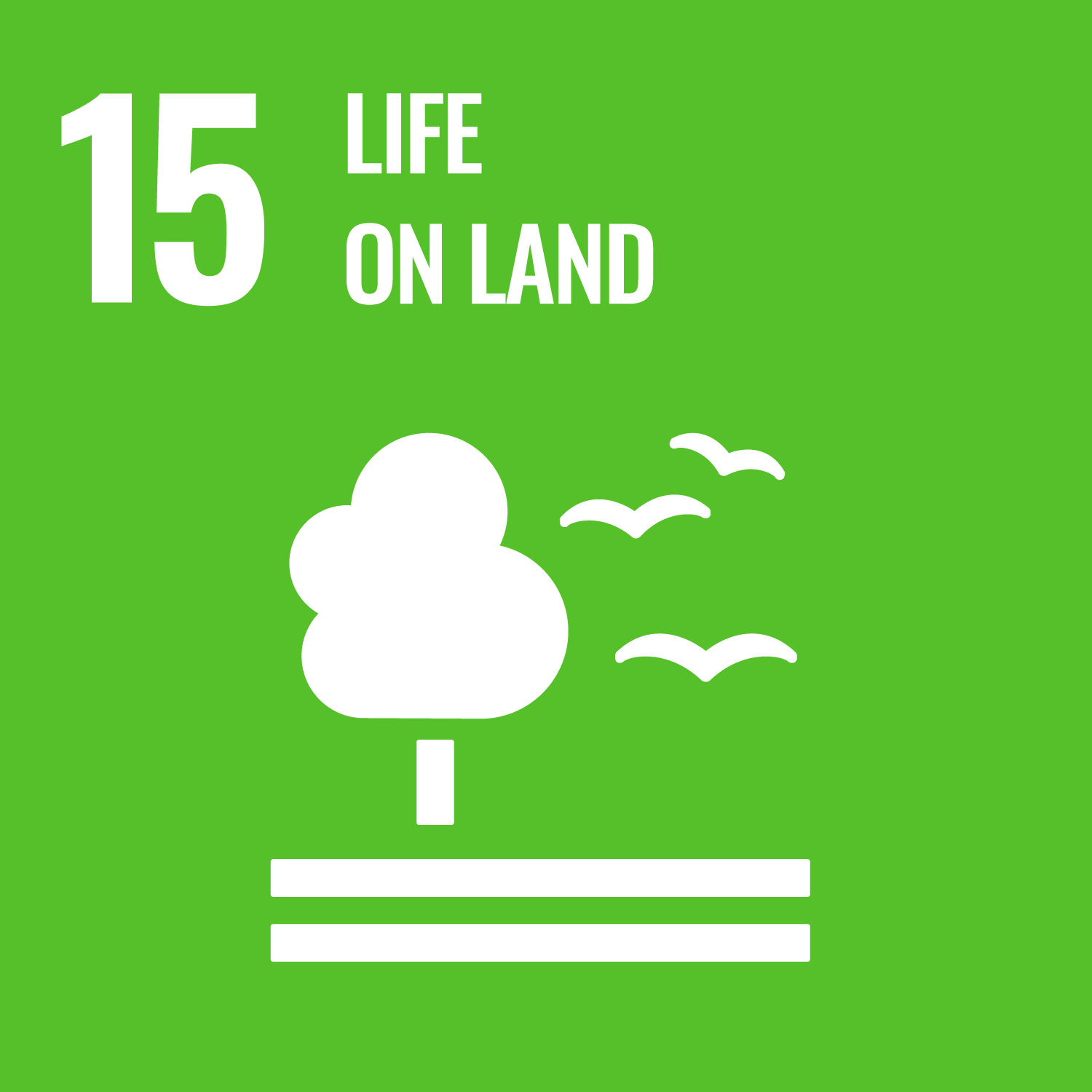Alien species impact reduction (policies). Have a policy to reduce the impact of alien species on campus.
UniSC is a Land for Wildlife member, an initiative that supports the Corporate Practices outlined in the Sustainability Procedures, including "the reduction of the environmental impact of the University's activities". Membership provides access to support, services and incentives to enhance conservation and restoration of the nature reserve as outlined in the Campus Master Plan, including invasive weed control tools.
UniSC works directly on planning to minimise the impact of alien species to ecosystems on campus, this includes both alien plant and pest species.
Minimising impact - Local biodiversity is included in the planning and development phase of all new construction across all campuses at UniSC. We ensure the conservation, restoration and sustainable use of all terrestrial ecosystems.
We also work to reduce the impact of invasive alien species that may negatively impact native biodiversity, ecosystem services or human economy and well-being. This is covered in the UniSC Sustainability Operational Policy.
Preserving ecosystems under threat - UniSC has undertaken a major land restoration project and collaboration, moving natural vegetation and soil from a neighbouring development site at Bundilla and replanting it at UniSC Sunshine Coast.
In collaboration with the local community, UniSC has committed to the long term management of the compensatory habitat since it's initial move in 2012. Over decades we've preserved the shared land ecosystems and flora and fauna that call it home. UniSC conducts planned burns to facilitate regeneration on an annual basis.
Research to protect and conserve - The conservation of vulnerable and endangered animal species is a key focus for our research. We partner with local communities on projects relating to natural, land and aquatic ecosystems.
From conservation of turtles, manta rays, koalas and other wildlife to citizen science to precisely model our coastlines to better understand and plan for erosion, dune vegetation and turtle nesting, we are creating a better future, with insights and care for a better environment.
Summary
UniSC is committed to mitigate the impact of alien species on campus helps protect native biodiversity and maintain ecological balance.

